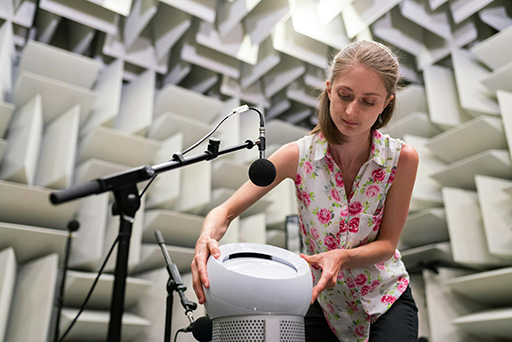1 What is a ‘composer’ in the early twenty-first century?
You are going to start this week by reflecting on what we mean by the term ‘composer’ in the early twenty-first century.
Activity 1
Reflect on the following questions and add your answers to the text box below.
- What do you understand the term ‘composer’ to mean today?
- Are there other types of ‘music creators’ whose work might also be considered to be a form of contemporary composition?
Discussion
There aren’t any fixed right or wrong answers to these questions, and how you responded will be personal to you and your particular musical tastes and interests. For question 1, you might have responded that a composer is someone who composes or otherwise creates new works of music. Question 2 invites you to consider people creating music today more broadly and uses the term ‘music creator’ to reflect this. Some music creators today who work with different forms of sound or electronics, prefer to refer to themselves as ‘sound artists’, ‘sonic artists’, ‘music programmers’, ‘sound engineers’, ‘electronic music producers’, or even ‘instrument builders’, though others prefer the term ‘electroacoustic composer’. You might also have broadened the term out to include songwriters.
When programming contemporary music, it is important to be aware that people producing music today might refer to themselves using different labels. Given the large part which electronics and electroacoustic composition has played in the development of art music since the later twentieth century, it’s also important to bear in mind that women creating sound-based works might not necessarily call themselves ‘composers’.

